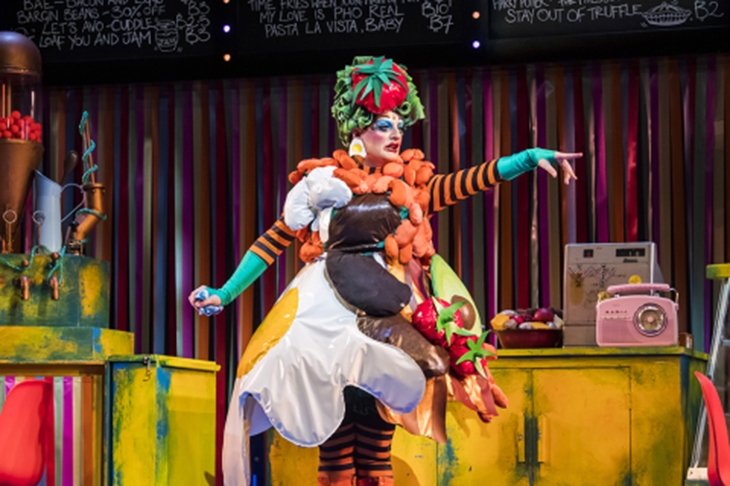One masterpiece, one dud, and one interesting rediscovery. That’s Pinter Five. Victoria Station is a hilarious sketch which might have been turned into TV gold by the Pythons or the Two Ronnies. A radio controller needs a cabbie to collect a fare from Victoria Station, but the only driver available is a charming lunatic whose car is idling near a ‘dark park’. The cabbie already has a passenger on board, who may be a murder victim, and although he claims not to know Victoria Station he insists that he’s the best man for the job. This dotty piece of verbal slapstick feels a bit dated because cab firms no longer rely on radios. Yet the controller’s frustrations will strike a chord with anyone who has had to speak long-distance to an incompetent chatterbox who wants to help but has the IQ of a tree stump.
Family Voices is a radio play from 1981 about a mother trying to reconnect with her grown-up child. Pinter’s fraught relationship with his estranged son may have inspired this piece but it hasn’t developed into a satisfying drama. The voices from the radio play don’t translate well to the physical stage. The unnamed son has left home to join a gay commune in London where he mingles with various camp roustabouts whose behaviour he mimics. This feels like ancient history. Gay people these days can get married, adopt kids and receive knighthoods from the Palace. They’re so respectable they’re boring. And it’s astonishing to remember that they were once a glamorous and hunted minority who communicated in secret like spies or refugees. This weak, plotless drama flops badly.
The Room, from 1957, was the first play by Pinter ever staged. His tendency to portray women as either charladies or prostitutes is embodied in the character of Rose (Jane Horrocks), who seems to be a bit of both.









Comments
Join the debate for just £1 a month
Be part of the conversation with other Spectator readers by getting your first three months for £3.
UNLOCK ACCESS Just £1 a monthAlready a subscriber? Log in